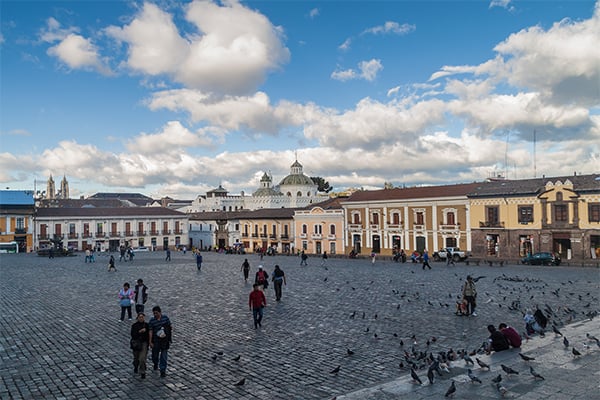
1. Understanding the Driving Culture
Driving in Quito can be a challenging experience for expats, especially those who are not used to aggressive driving styles. Ecuadorians are known for their assertive driving, often ignoring traffic rules and regulations. It’s not uncommon to see drivers running red lights, not using turn signals, or overtaking in dangerous situations. Therefore, it’s crucial to drive defensively and always be aware of your surroundings.
2. Car Recommendation
Given the city’s hilly terrain and sometimes rough road conditions, a 4×4 vehicle is often recommended. This type of car can handle the city’s steep hills and uneven roads better than a standard car. However, smaller cars are easier to maneuver in heavy traffic and to park in tight spaces.
3. Parking in Quito
Finding parking in Quito can be difficult, especially in the city center. Most parking spaces are metered, and the cost can add up quickly. There are also private parking lots and garages, but these can be quite expensive. It’s recommended to use public transportation or taxis when going to the city center to avoid the hassle of finding parking.
4. Driving with an International License
Foreigners can drive in Ecuador with an international driving permit for up to 90 days. After this period, you will need to obtain an Ecuadorian driver’s license. It’s important to note that driving without a valid license can result in hefty fines and possible deportation.
5. Obtaining an Ecuadorian Driver’s License
To get an Ecuadorian driver’s license, you will need to pass a written test and a practical driving test. The written test is in Spanish, so a good understanding of the language is necessary. You will also need to provide a number of documents, including your passport, a certificate of residency, and a medical certificate. It’s recommended to start this process as soon as possible after your 90-day period is up.
6. Road Conditions
While major roads and highways in Quito are generally in good condition, some side streets and rural roads can be poorly maintained. Potholes and other road hazards are common, so always drive with caution. Also, be aware that road signs and markings may not always be clear or consistent.
7. Safety Precautions
Due to the high rate of car theft in Quito, it’s recommended to always park in well-lit, secure areas and never leave valuables in your car. Also, always keep your doors locked and windows up when driving, especially at night or in unfamiliar areas.


